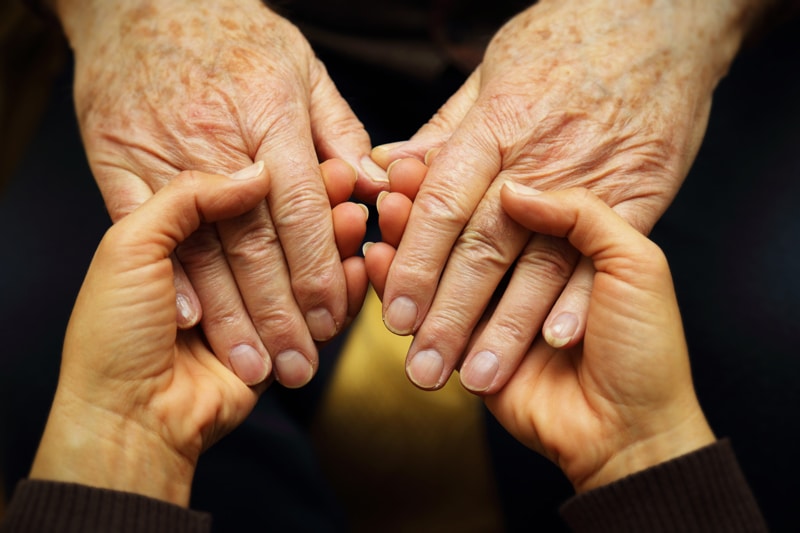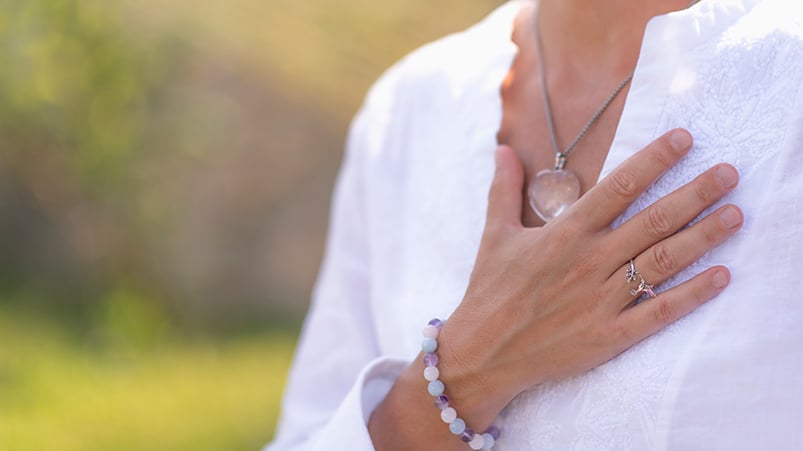Never Try to Solve the Impossible – Episode 15
Never try to solve the impossible—that’s the fifth principle of Friendly Mind. Most of us wish to let our mind get the best of us where we feel secure in a future that we cannot realistically control or desire to be more than we are capable of. When Friendly Mind sees this, it reminds us with the neutral question, “Are you trying to create something that isn’t within your capacity?” When we understand and learn to successfully implement this principle, it usually creates a smile because we recognize how many times we have given ourselves a hard time. For many, it’s often a humorous relief and release of what was always outside of our control. Listen to this episode . . .










